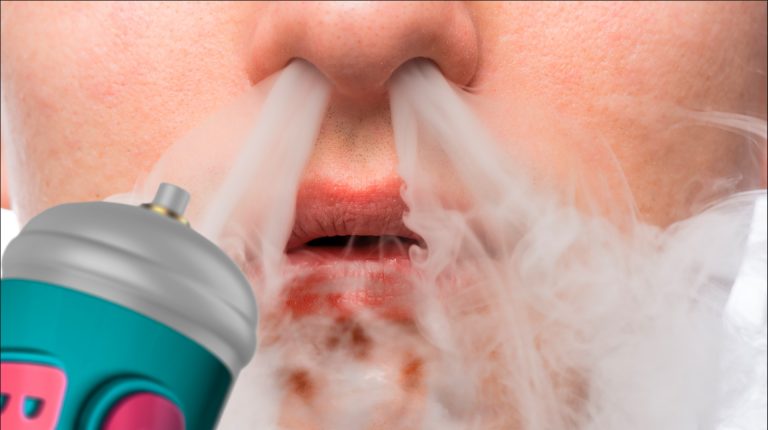
Alex Langhart. Photo by Kevin Bain/Ole Miss Digital Imaging Services.
University health professionals weigh in on adenovirus awareness, prevention
As upper respiratory illness season moves into full swing, two University of Mississippi health professionals have some advice on dealing with a lesser-known but common malady: adenovirus.
Adenoviruses are a common cause of upper respiratory illness that can manifest in many flu-like symptoms – such as coughing, fever, sore throat and acute bronchitis – but with added effect of pink eye, diarrhea, and nausea.
“Adenovirus is sneaky,” said Alex Langhart, director of University Health Services. “It is not routinely tested for in primary and urgent care settings due to its mild symptoms and the lack of availability of specific treatment.
“However, people with weakened immune symptoms and chronic conditions are at higher risk of developing severe infection. Though rare, it is important to be aware of symptoms and discuss with your provider if the virus has been identified as circulating in your community.”
Adenoviruses are often mistaken for a common cold, but telling the doctor all the symptoms you are experiencing can help better identify this illness, said Dr. David Coon, a physician at Student Health Services.
“Remember, antibiotics are not effective against viruses,” Coon said.
Patients should seek emergency hospital care if they start to experience severe dizziness, shortness of breath, severe chest pain or the inability to hold down fluids, Coon said.
Adenoviruses spread like many other common illnesses – through contact, coughing and sneezing. Taking precautions such as frequent handwashing and avoiding high-contact surfaces such as doorknobs, handrails and personal objects can help slow the spread of adenoviruses, Langhart said.
“Take the same precautions you would to avoid flu, COVID-19 and other upper respiratory viruses,” he said. “Continue to practice proper hand hygiene, cover your face when sneezing or coughing and stay home when you are sick.”
Both Coon and Langhart recommend that campus members who believe they may have an adenovirus infection should schedule an appointment with University Health Services. Employee Health offers telehealth appointments and Student Health partners with UMMC to provide unlimited visits with 24/7 access to telehealth for $60 per semester.
“Most adenovirus infections are mild, but one should still seek care for any upper respiratory symptoms,” Coon said. “There is no specific treatment or approved antiviral medicine. Hydration and medicine that helps relieve the severity of symptoms are key.”
By Clara Turnage





